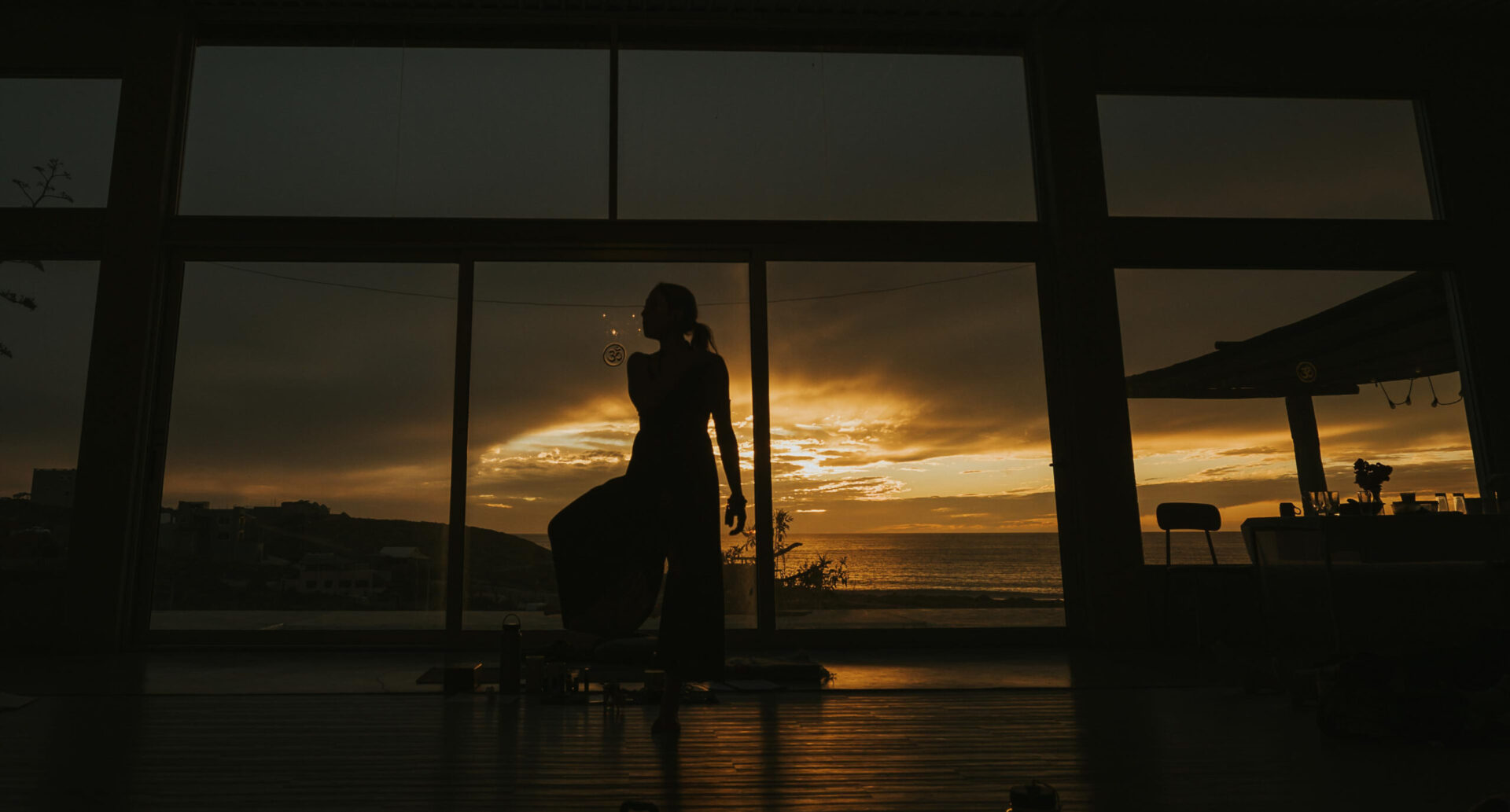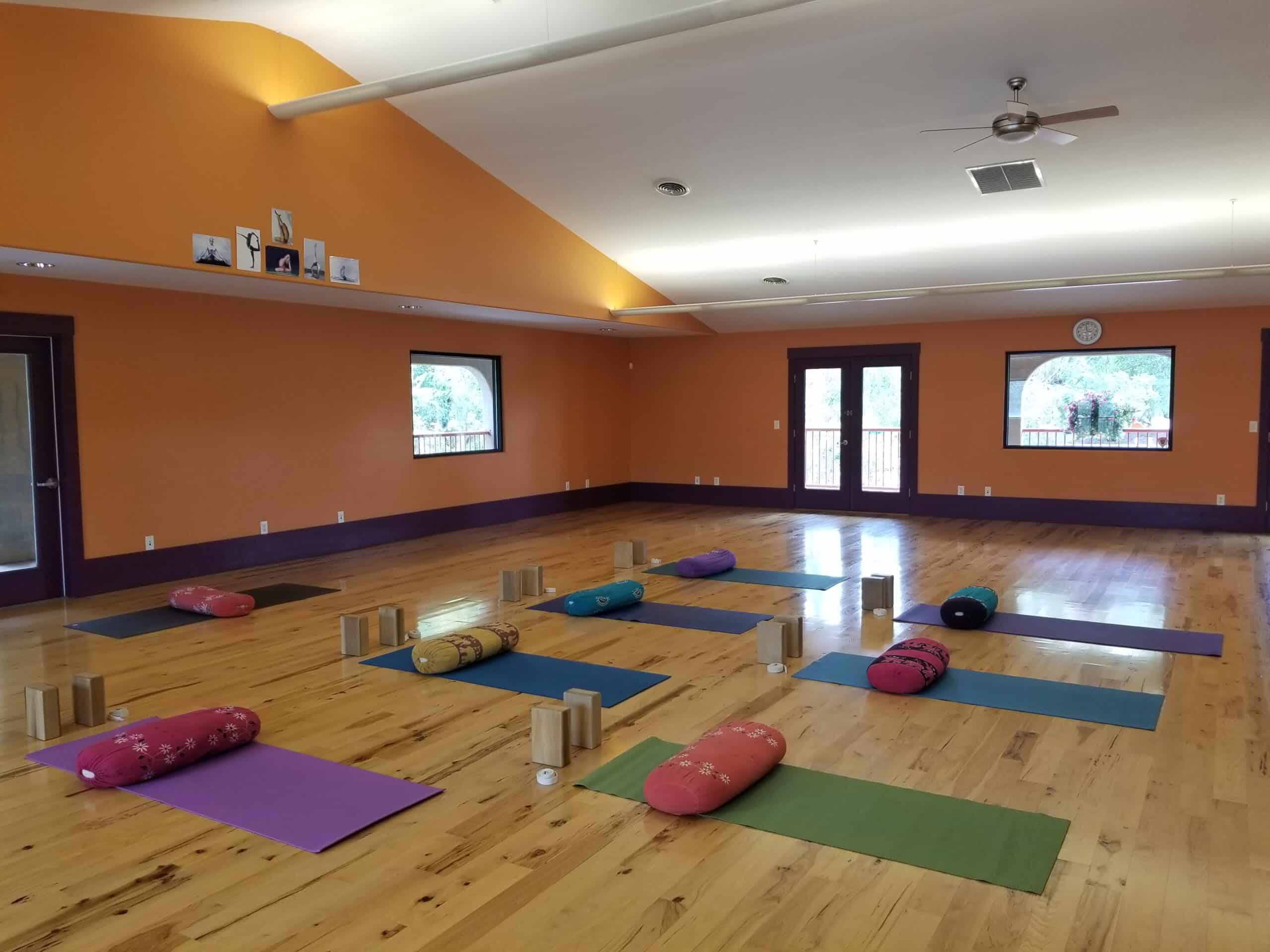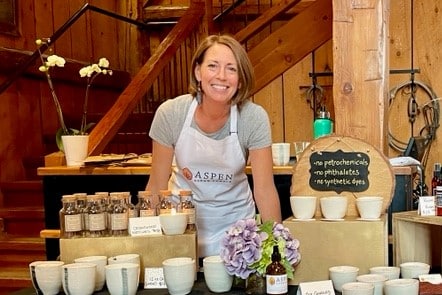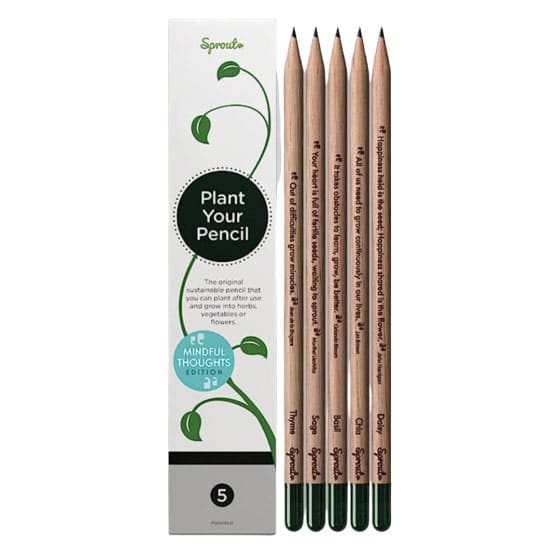Why Taking Retreat is Essential to Renewal of Spirit | By Kali Basman
In Pali, the language spoken by the tongue of the Buddha, there is a word: Nekkhama. It’s translated in English to “renunciate.” What it really means is the necessity of a continued prioritization of pausing the rigmarole of mundane, daily life where the to-do list rules as king and we race against the clock in the pressured interest of productivity. We soften into a dimension of awareness where a subtle presence is attended to and honored. We connect to what I call “the practice field” — spiritual retreat which supports our regaining of space and stillness perspective.
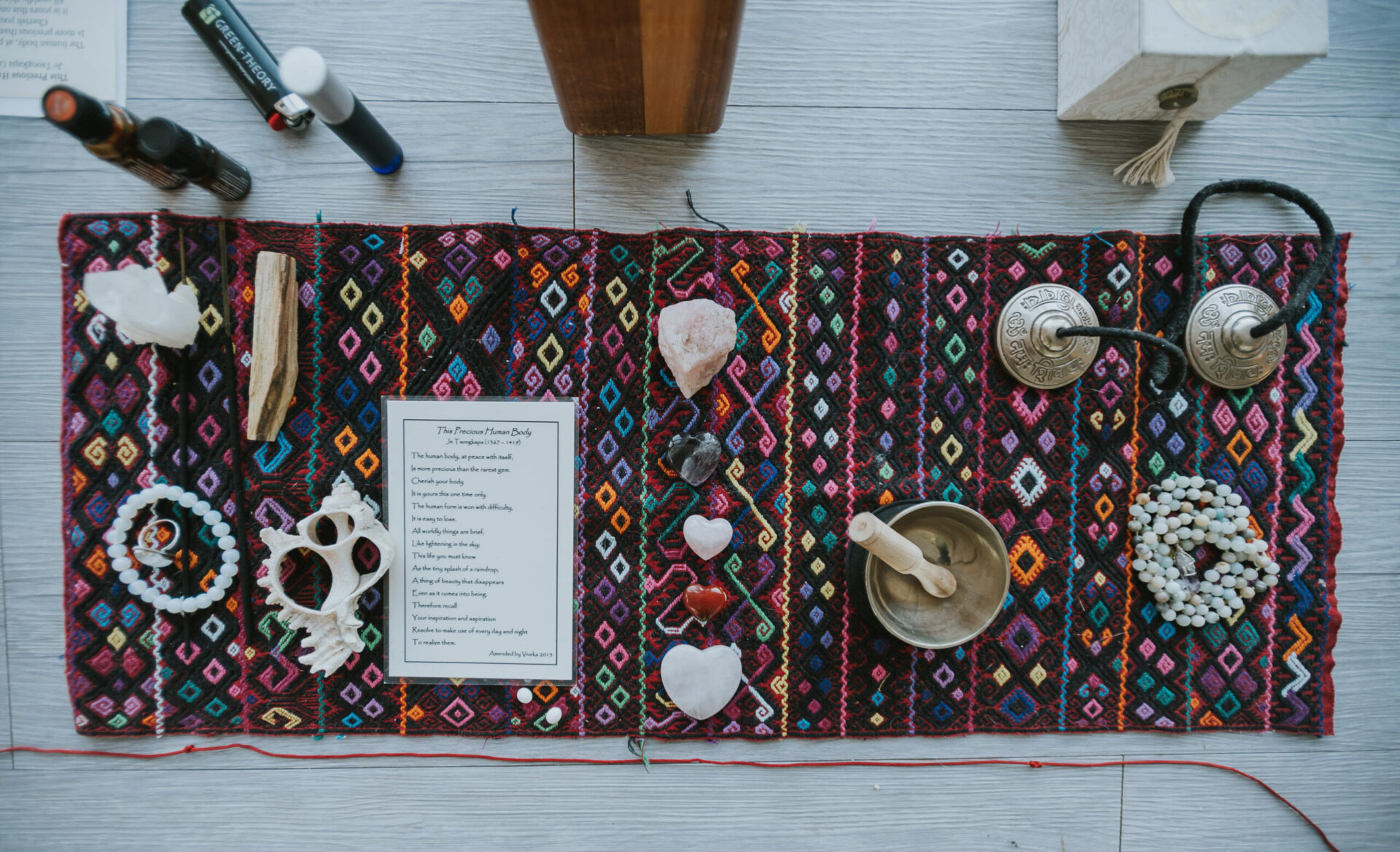
Kate Michelle
It’s not a privilege of a luxury. It’s essential. From time to time, draw boundaries around what’s pulling your attention, temporarily extricate yourself from the chaos and the contingencies of the demands of daily life. Gandhi, while dismantling the British empire when hundreds of thousands were rioting, required his whole team take one day off per week for “contemplation.”
“I have to stop and quiet myself” he said. It was out of that depth of stillness where his work ushered in true transformation.
At the time of the Buddha, he and his monks took every rainy season during monsoon time to take retreat. Seasonally, they took time away to train in silence. This fueled a spiritual revolution which is still alive in the hearts and minds of insight-seekers everywhere today.
True productivity, progress, transformation, evolution — it cannot be sustained with forceful effort. Rather, it requires a turning inward through gentle renunciation. Prioritizing stillness continuously to fuel the deeper engine of your life force, which has carried you so far, and will continue to.
Do you have a space you return to and build upon your own inner rituals? Where do you enrich your connection to the inner world? It’s what cultural anthropologist Angeles Arrien calls the “sweet territory of our own silence.”
There is an old Buddhist precept: “This very place the Lotus Land, this very body the Buddha.” It’s a sacred view that reminds us of our precious opportunity to live and to practice. And to live our practice.
The age-old suggestion is that one should meditate for 20 minutes a day. If you’re too busy to do that, you should meditate for an hour! It’s like that. We must truly clean house, especially when there’s clutter.
Writer Jack Kornfield’s instruction has been to “sit and sweep the garden.”
On retreat, one can attend to the internal landscape. Quiet the mind, open the heart beyond the body of fear, so when we get up off the mat and we leave retreat, we return to the world in a different way. More wisdom. More courage. Less suffering. Who doesn’t want that?
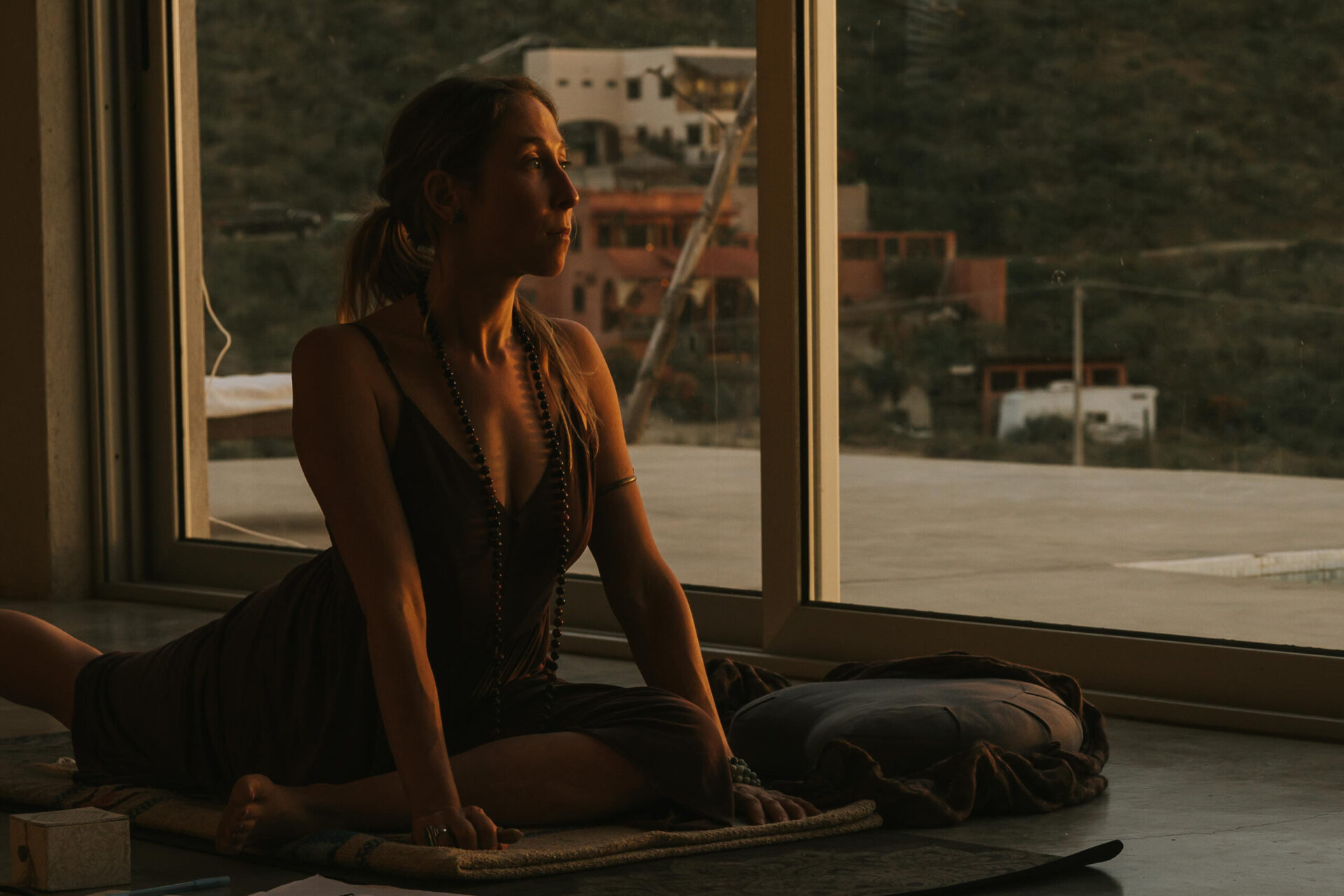
Kate Michelle
Indeed, the desire for less suffering and more happiness is natural and universal. Yet the conditional happiness we tend to seek out relies strongly on stimulus, on preferable circumstances being met, and as such, can never offer sustainable, true contentment and ease. When the stimulus dissolves (as all things do), so does your happiness. It’s significant to witness our automatic reactions, how we want things to be different from the way they are and the suffering that entails. It’s crucial to sit and watch it, to learn about it all, so there is a foundation of thoroughly understanding our conditioned, reflexive mind and its self-deceptions.
“In the background of the gap between thoughts and breaths, awareness naturally recognizes itself as non-conceptual wisdom shining continuously. Go there on retreat. Deep in the wild mountains is a trading post where you can exchange the stress and noise of everyday life for eternal Light. Go there on retreat.” -Milarepa
On retreat we come directly in touch with what is happening within us and to us, beyond the spinning of the web of narrative, the verbiage we become entangled in. Awareness, its own wise becoming, is to come into contact with the stillness underneath the story. It doesn’t judge. It needs nothing. We can then enter a more reliable realm of wellness not tied to conditions at all. Elegantly open presence. A pure, intrinsic quality of being which is luminous and spacious, uncluttered by the needs and neuroses of the mind.
This has vital importance. A way to understand humanity, being and our particularities. That quiet opening allows us to anchor, irrespective of conditions. Then, thoughts that arise are just thoughts, their power to obscure clarity lost. We strengthen our backbone so disturbances in life don’t impact us in the same way. We’ve strengthened our capacity to let it through. We become more porous. When we build an access route to an inherent baseline of tranquility, we can draw upon that vital resource in turbulent times. As you strengthen this awareness, you release from a distorted view that external circumstance will be the most major influencer of the internal state. That’s awakening!
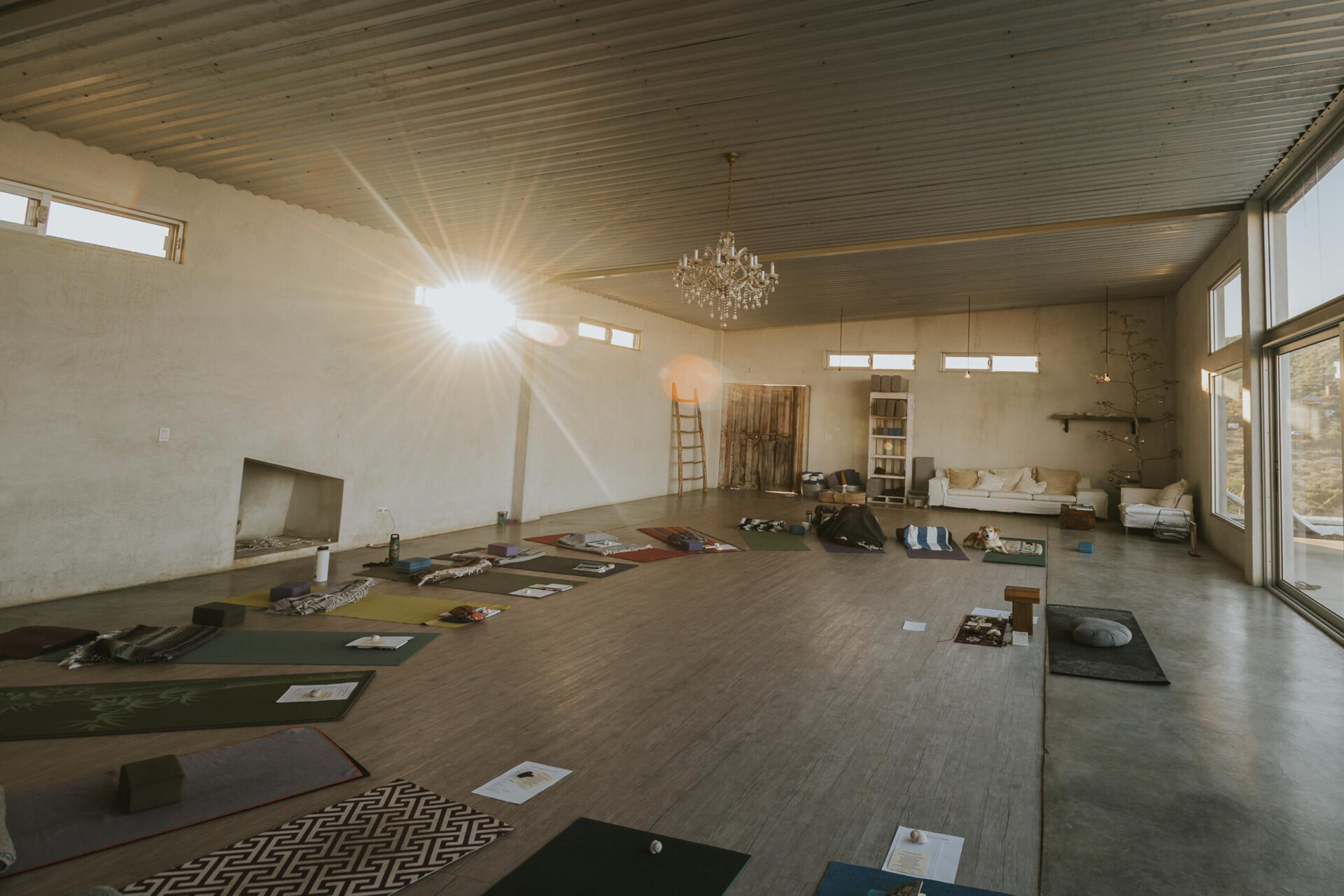
Kate Michelle
Seeking this type of priority out as a vibrant thread in the fabric of your life-form is a way of freshly looking and listening. We get to un-stick from our old, tired, conventional ways the conditioned animal body grabs, pulling for certain things and pushing other things away with its fears, its inexhaustible list of needs and its cravings. Our normative perception of the world is felt through this dense filter, unless we regularly cleanse the view, eradicate the opaque, see the luminous transparency: simple, unadorned presence.
Can’t take retreat? Practice mindful moments in the most mundane of conditions. Walking up the stairs. Folding the laundry. Drinking a cup of tea. This very moment, an opportunity to deepen your practice. If there is a yearning to look more deeply, an opportunity will always present itself. When those curtains open, we might step through to the liberated spacious realm of the practice field and free ourselves from the tight cocoon we had lived in until then.
Originally published in Summer + Fall 2022 Issue.
 Internationally celebrated Dharma teacher of teachers, Kali Basman, blends Buddhist Psychology with mindful based Yin & Restorative Yoga.Kali offers classes, teacher trainings, retreats and workshops around the globe.
Internationally celebrated Dharma teacher of teachers, Kali Basman, blends Buddhist Psychology with mindful based Yin & Restorative Yoga.Kali offers classes, teacher trainings, retreats and workshops around the globe.
Take stellar notes and love the earth with these eco-friendly pencils that are plantable when you’re done! [...]
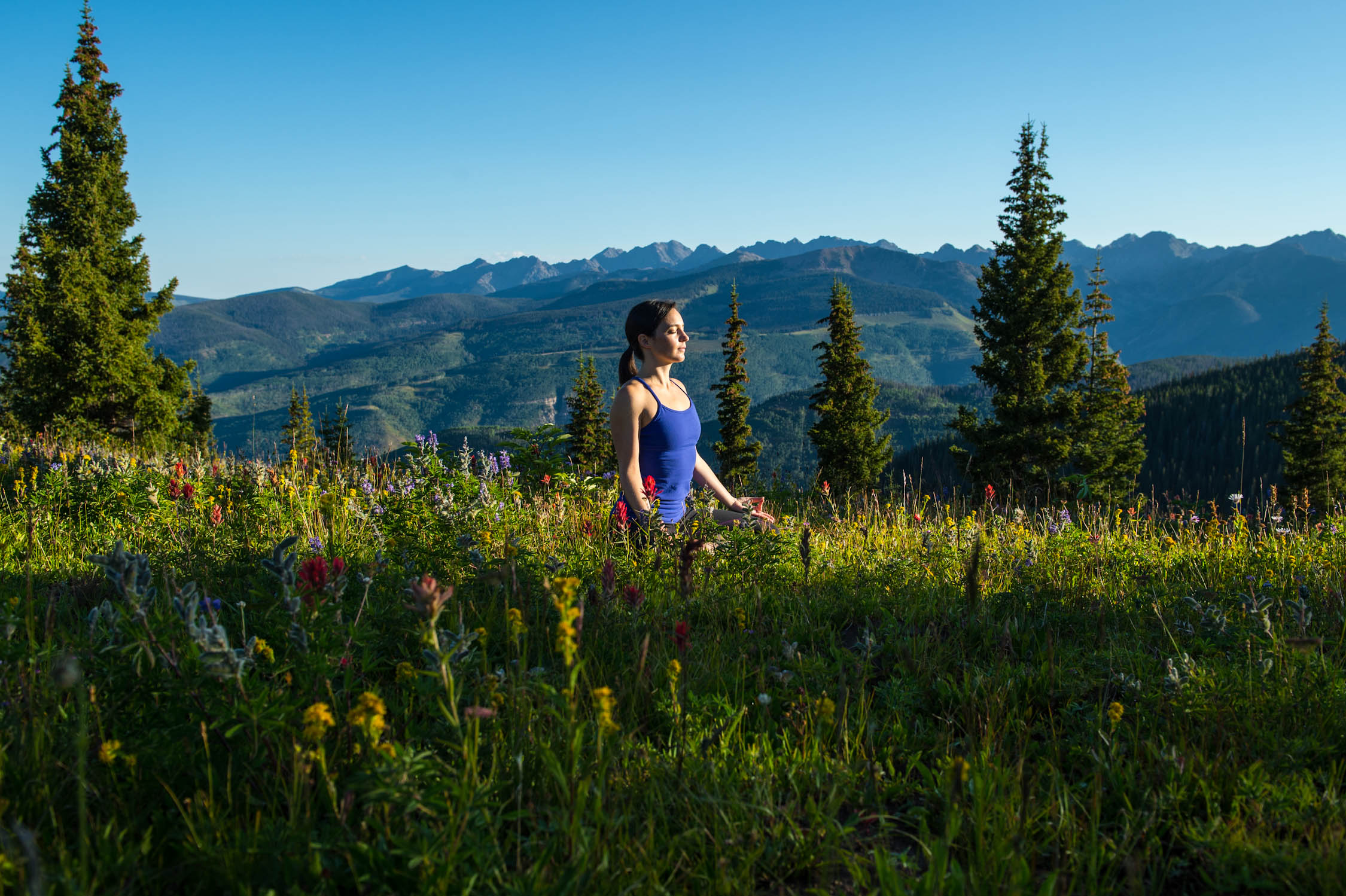
Subscribe to Our Tribe
Stay up to date with Y+L News, Events and special announcements.





